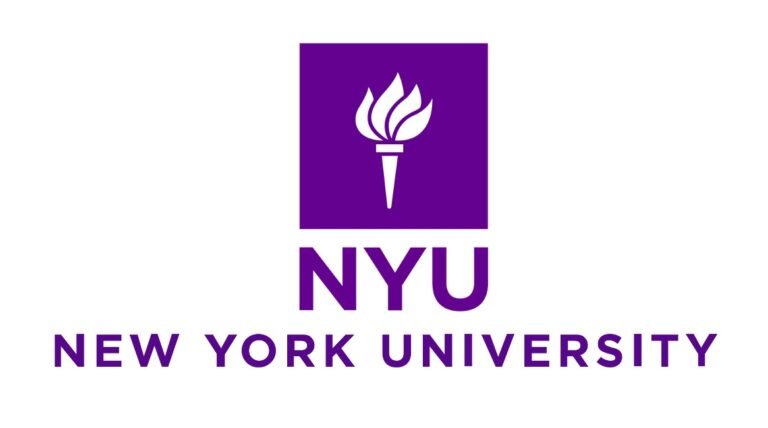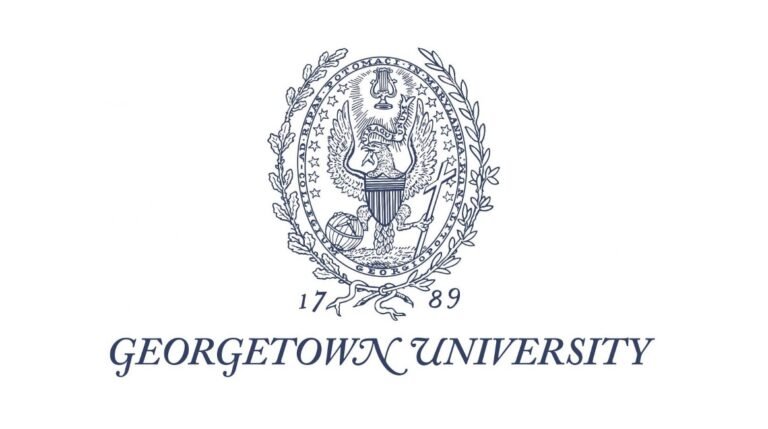The University of Chicago, located in the vibrant city of Chicago, Illinois, presents an exceptional opportunity for aspiring scholars in the field of Computational Neuroscience with its fully funded Ph.D. program.
This program offers a comprehensive and interdisciplinary approach to neuroscience research, fostering a rich environment for academic and research growth.
PhD Program Requirements
To be eligible for admission into the Ph.D. program in Computational Neuroscience at the University of Chicago, prospective students are required to meet specific academic and application requirements.
These typically include a bachelor’s degree in a related field, such as neuroscience, biology, computer science, or a relevant discipline, along with a strong academic record.
Competitive applicants often have prior research experience and a clear research interest in computational neuroscience.
PhD Funding Coverage
The University of Chicago is committed to supporting its Ph.D. students in Computational Neuroscience through a comprehensive financial aid package. Financial support typically includes:
Tuition and Fees: The program usually covers tuition and fees for students, ensuring they do not incur academic-related expenses.
Stipend: Students are typically provided with a generous stipend to cover living expenses and research-related costs. As of the most recent information available, the stipend is approximately $35,700 per year.
Health Insurance: Health insurance coverage is typically included to ensure students have access to medical care.
Application Requirement
The application package for the Ph.D. program in Computational Neuroscience at the University of Chicago typically includes the following components:
Online Application: Applicants need to complete an online application through the university’s admissions portal. This portal will guide you through the application process.
Transcripts: Official transcripts from all previously attended institutions are typically required as part of the application. These transcripts should reflect your academic performance.
Letters of Recommendation: Applicants usually need to submit letters of recommendation, often from professors or professionals who can speak to their academic abilities and research potential.
Statement of Purpose: A well-crafted statement of purpose outlining your research interests, academic goals, and reasons for pursuing a Ph.D. in Computational Neuroscience is typically required.
CV/Resume: A curriculum vitae (CV) or resume highlighting your academic and research experiences is often part of the application package.
Application Deadline
December 1, 2025
Application Fee
$90














